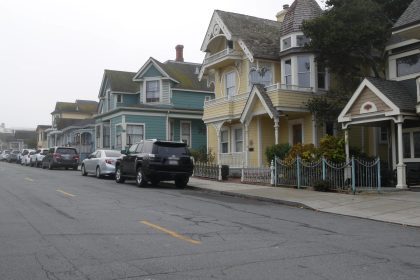Fresh outrage erupts in Philadelphia as Penn Museum discovers the remains of 12-year-old Delisha Africa, a victim of one of the city’s most sinister moments. The finding, made during a routine inventory check, reopens deep-seated trauma in a community still grappling with the weight of historical injustice.
A legacy of disrespect
The 1985 MOVE bombing stands as a stark reminder of institutional violence against Black communities. When Philadelphia police dropped explosives on a West Philadelphia row house, the resulting inferno claimed 11 lives — including five children — and destroyed 61 homes. The incident left more than 200 residents displaced, forever altering the fabric of a thriving neighborhood.
For nearly four decades, Africa’s remains shuffled between institutions — from Penn to Princeton — treated more like research material than the sacred remains of a child. This revelation follows a 2021 discovery that the museum held another MOVE victim’s remains, Katricia Dotson, for over 35 years without family consent.
The treatment of these remains reflects a broader pattern of institutional disregard. While Penn Museum promises swift action to return Africa’s remains to her family, their handling raises troubling questions about respect, dignity and the value placed on Black lives, both past and present.
This latest chapter in the MOVE bombing saga resonates deeply with professionals and community leaders who’ve witnessed similar patterns of dismissal throughout their careers. The systematic mishandling of these remains mirrors larger societal issues of accountability and respect that continue to affect communities of color.
For many successful professionals and others who grew up during this era, the MOVE bombing represents more than a historical event; it’s a reminder of struggles overcome and battles still being fought. The discovery catalyzes renewed demands for justice and institutional change.
The community’s response transcends mere anger; it’s a call for fundamental reform in how institutions handle and honor Black history and trauma. As Philadelphia confronts this painful reminder, the focus shifts to ensuring proper remembrance of the MOVE victims and preventing such disrespect from recurring.
Penn Museum’s discovery underscores the need for vigilance in preserving dignity and respect for all communities, particularly in death. The ongoing MOVE bombing narrative reminds us that true progress requires more than acknowledgment; it demands action and sustained commitment to change.














